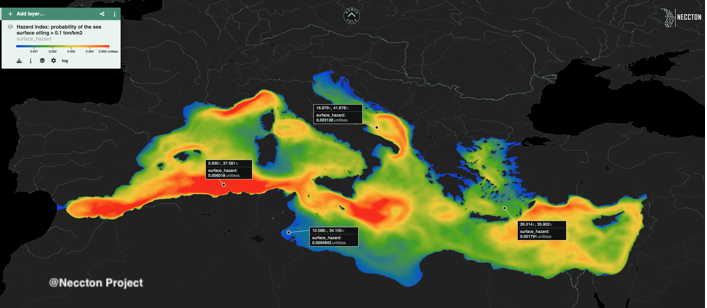The Mediterranean sea surface temperatures in June reached their highest levels ever recorded with spikes exceeding 4°C around the French and Spanish coasts. These extreme events are no longer an exception, but part of an alarming trend that has led to numerous events including the record-breaking marine heatwave of 2022 that had significant repercussions on both marine ecosystems and coastal communities.
In this context of rapid and escalating change, the scientific community plays a crucial role. That is why we highlight the important work of the CMCC, which is one of Germ of Life’s partners.
CMCC researchers have demonstrated that machine learning techniques can effectively predict sea surface temperatures and the occurrence of marine heatwaves, offering results that are comparable to traditional dynamical models but with faster processing times and lower computational costs.
These advances are particularly valuable in a region as dynamic and vulnerable as the Mediterranean, where timely and precise forecasts can inform everything from marine ecosystem management to disaster preparedness. Beyond ocean temperatures, Artificial Intelligence-driven models are also being applied to simulate the fate of oil spills, optimize decadal precipitation predictions, and assess the impacts of climate change on freshwater resources.
See in the video: Sea surface temperature anomalies in the Mediterranean Sea for the month of June, from 1985 to 2025, calculated relative to the 1985–1999 average. The animation shows a progressive increase over the years, with sea surface temperatures in June increasingly above average across most of the basin. Data and visualization by CMCC.
A recent CMCC-led study has identified the most vulnerable areas of the Mediterranean basin to oil spills using marine circulation models. These areas include the Strait of Sicily, the northern Adriatic, and the eastern part of the basin as they are at the greatest risk of environmental impacts.
By developing high-resolution climate models, improving early warning and forecasting systems, and applying advanced techniques like machine learning to better predict the occurrence and impacts of heatwaves and related hazards, research can help policymakers, emergency services, and communities in the Mediterranean area acquire the knowledge needed to adapt and build resilience in the face of a rapidly changing climate.
See more in this link.


